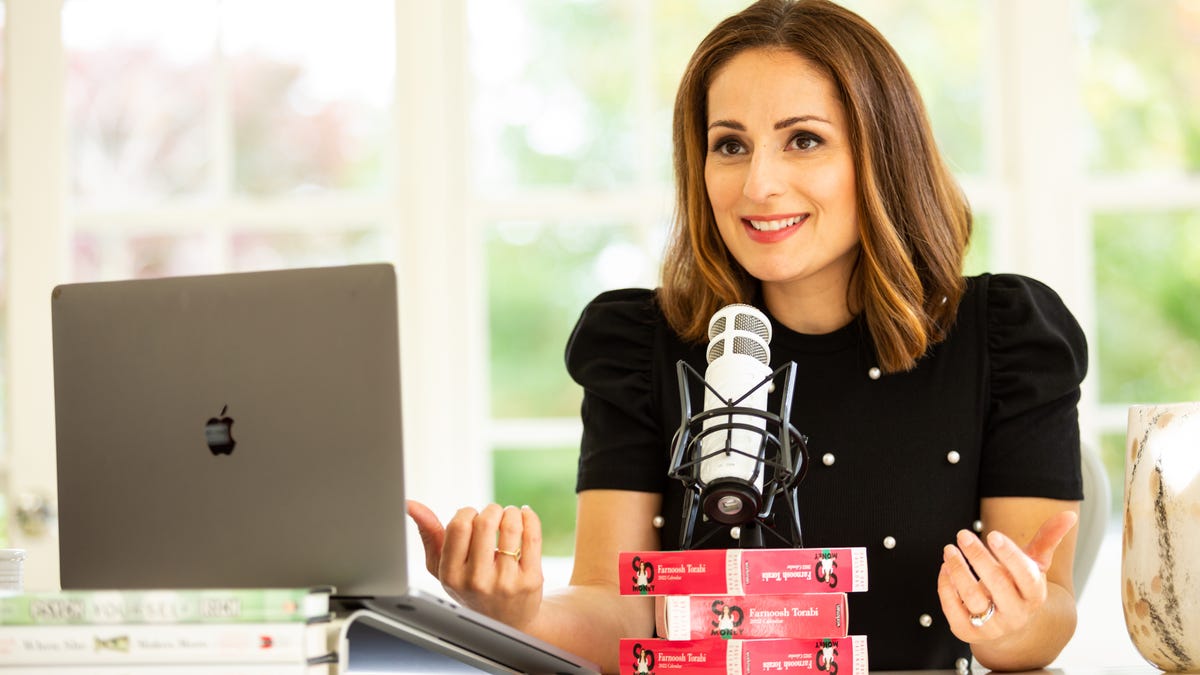Avoid Buy Now, Pay Later Plans (if You Can). Here's Why
Commentary: BNPL companies promote financial wellness, but make it too easy to get in over your head.

Welcome to So Money Hot Mic, a weekly column on the latest financial musings.
"Buy now, pay later" plans like Affirm, Afterpay and Klarna entered the scene not too long ago, rising in popularity at the start of the pandemic. Their premise is compelling -- a simple, interest-free way to afford online purchases in multiple installments (typically four). Even Apple is getting into this billion-dollar industry.
This isn't the first snazzy financial product marketed as a way to help the millions of Americans living paycheck to paycheck and struggling to afford the cost of living. But in my opinion, it's just another effort by fintech developers, marketing executives and MBA holders to turn a quick buck at the expense of a vulnerable consumer group.
One BNPL company's website claims it can help you "get things you love without breaking your budget." Another promises that "financial wellness is a tap away."
I beg your pardon.
BNPL plans are fraught with financial pitfalls that aren't discussed often enough. These plans don't reward you with credit score boosts for timely payments. Instead, most will just ding your score if you ever pay late. BNPL late fees also tend to be much higher than what credit cards charge, according to a Harvard paper.
BNPL payment plans like Klarna are increasingly popular with consumers, but they come with many hidden risks.
As for "financial wellness," researchers at JD Power found that BNPL plans make it easier for younger customers to overspend. The Consumer Finance Protection Bureau is also investigating BNPL plans for their potential to lead to debt accumulation, as well as their vague disclosures and data collection practices.
But BNPLs are taking off -- and estimated to rake in some $40 billion by 2030 -- because there is fertile ground like never before. Wages have dragged sorely behind inflation, interest rates are increasing, and freelance and contract workers, an increasing part of the labor force, often don't see a paycheck for months. It's no surprise that many consumers need payment alternatives that provide flexibility. And they're not using BNPL plans to just buy nonessentials like new clothes and concert tickets. They're using them to secure everyday necessities like food and groceries. That says a lot.
What's more, BNPL plans often pop up right when we're at our weakest -- at the point of purchase. Taunted by being able to pay for what's in our online shopping cart in bite-size installments, we swiftly cast aside any doubt about affording the purchase.
When I was growing up there was a similar concept. In the 1980s, my mom used layaway plans to pay for my back-to-school clothes over the course of 45 or 60 days. But there were some big differences with layaway. For one, her credit profile never took a hit for a late payment. And since layaway meant you didn't get your merchandise until you fully paid for it, if my mom failed to cover the balance for those Jordache jeans, they didn't come home with us.
If you suspect you won't be able to pay for an item in full on schedule, think twice about using a BNPL plan. If you opt for it, be sure to review the terms and conditions to make sure you understand the repayment schedule and any late fees and interest that could follow. Also, don't assume there's no better way to get the financial support and access to credit that you need. The National Foundation for Credit Counseling is a nonprofit that offers free budget and debt consultations. This website can connect you to a community bank or credit union with programs that can help, too.

